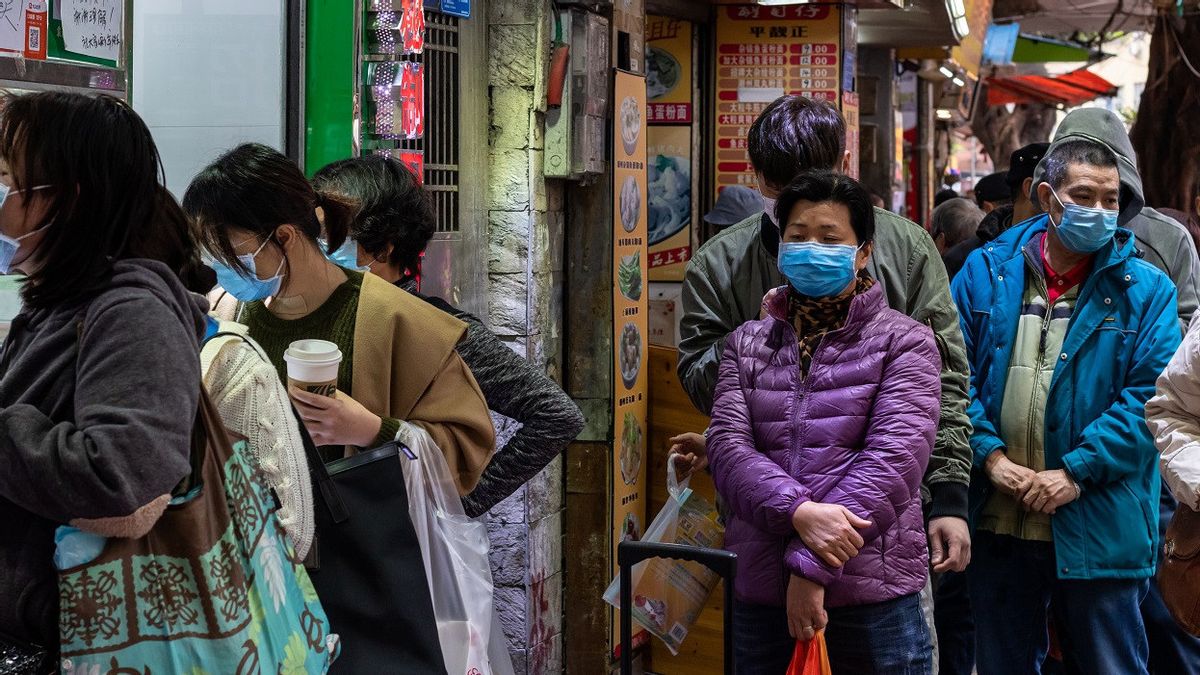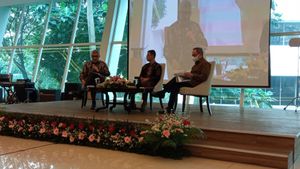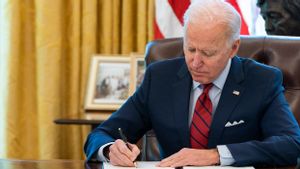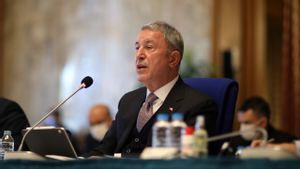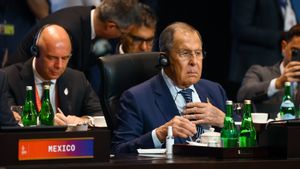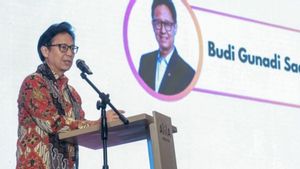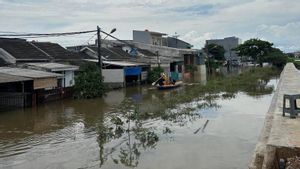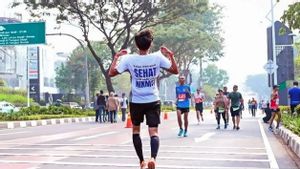JAKARTA - Further easing of COVID-19 testing requirements and quarantine rules in several Chinese cities was met with a mixture of relief and consternation Friday, as hundreds of millions of people waited for the expected change in national virus policy after widespread protests.
The relaxed measures were welcomed by workers frustrated by three years of economically damaging restraint.
But it has surprised others who are suddenly feeling more exposed to a disease that authorities have consistently described as deadly until this week. The elderly, many of whom are still unvaccinated, feel the most vulnerable.
Shi Wei, a Beijing resident suffering from lymphatic cancer, spends most of his time in self-isolation but is still worried about catching COVID and passing it on to his 80-year-old mother when he goes out for hospital treatment every three weeks.
"I can only pray God protects me," he said, launching Reuters on December 2.
China's COVID policies have paralyzed everything from domestic consumption to factory production and global supply chains, placing severe mental stress on hundreds of millions of people.
Anger over the world's toughest restraint sparked dozens of protests in more than 20 cities in recent days, in a show of civil disobedience unprecedented on the mainland since Xi Jinping assumed the presidency.
Less than 24 hours after people clashed with white hazmat-suited riot police in Guangzhou, the city authorities lifted the lockdown in at least seven of its districts.
"Finally, we can slowly return to our normal life," said Lili, who works at a restaurant chain in Guangzhou that was allowed to reopen on Thursday.
Lockdown disruptions over the past few years resulted in a 30 percent drop in revenue, he said.
"People can't take it anymore, and everyone hopes we can reopen. The Guangzhou government probably heard what we asked for and thought it was time," said Lili.
Earlier, Deputy Prime Minister Sun Chunlan, who oversees the COVID-19 response, said this week the virus' ability to cause disease was weakening, a message that aligns with what health authorities around the world have been saying for more than a year.
While government authorities in cities that have lifted lockdowns made no mention of protests in their announcements, national health officials said China would address "urgent concerns" raised by the public.
SEE ALSO:
China will announce a nationwide reduction in how often mass testing is carried out, with regular nucleic acid tests to be carried out as well as allowing positive cases and close contacts to be isolated at home under certain conditions, a source familiar with the matter told Reuters.
Earlier this year, entire regions were under lockdown, sometimes for weeks, after even just one positive case, with people trapped indoors deprived of income, having poor access to necessities, and struggling to cope with isolation.
However, many areas in areas deemed high risk by various cities remain under lockdown and many people are still required to take daily tests.
The English, Chinese, Japanese, Arabic, and French versions are automatically generated by the AI. So there may still be inaccuracies in translating, please always see Indonesian as our main language. (system supported by DigitalSiber.id)
